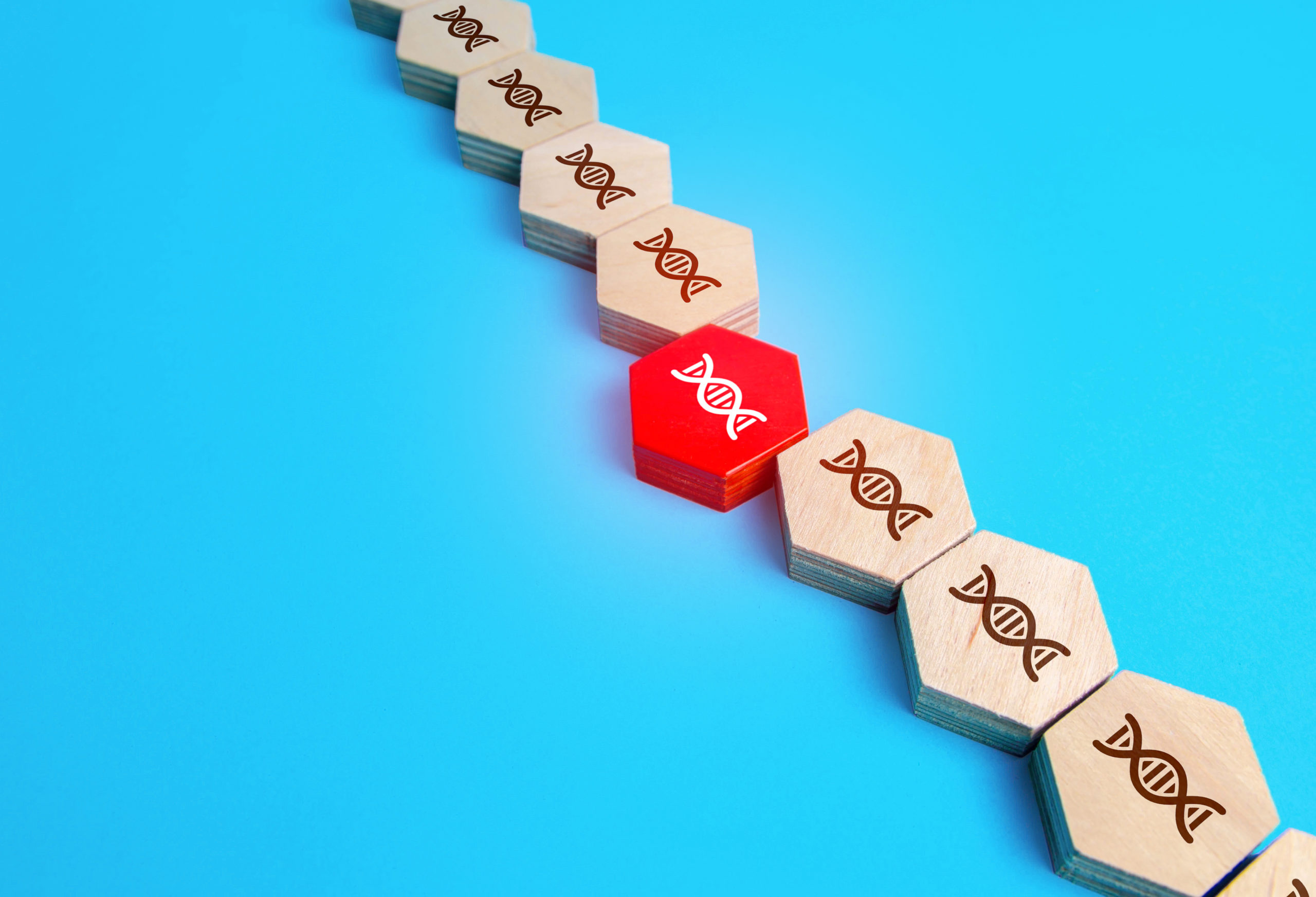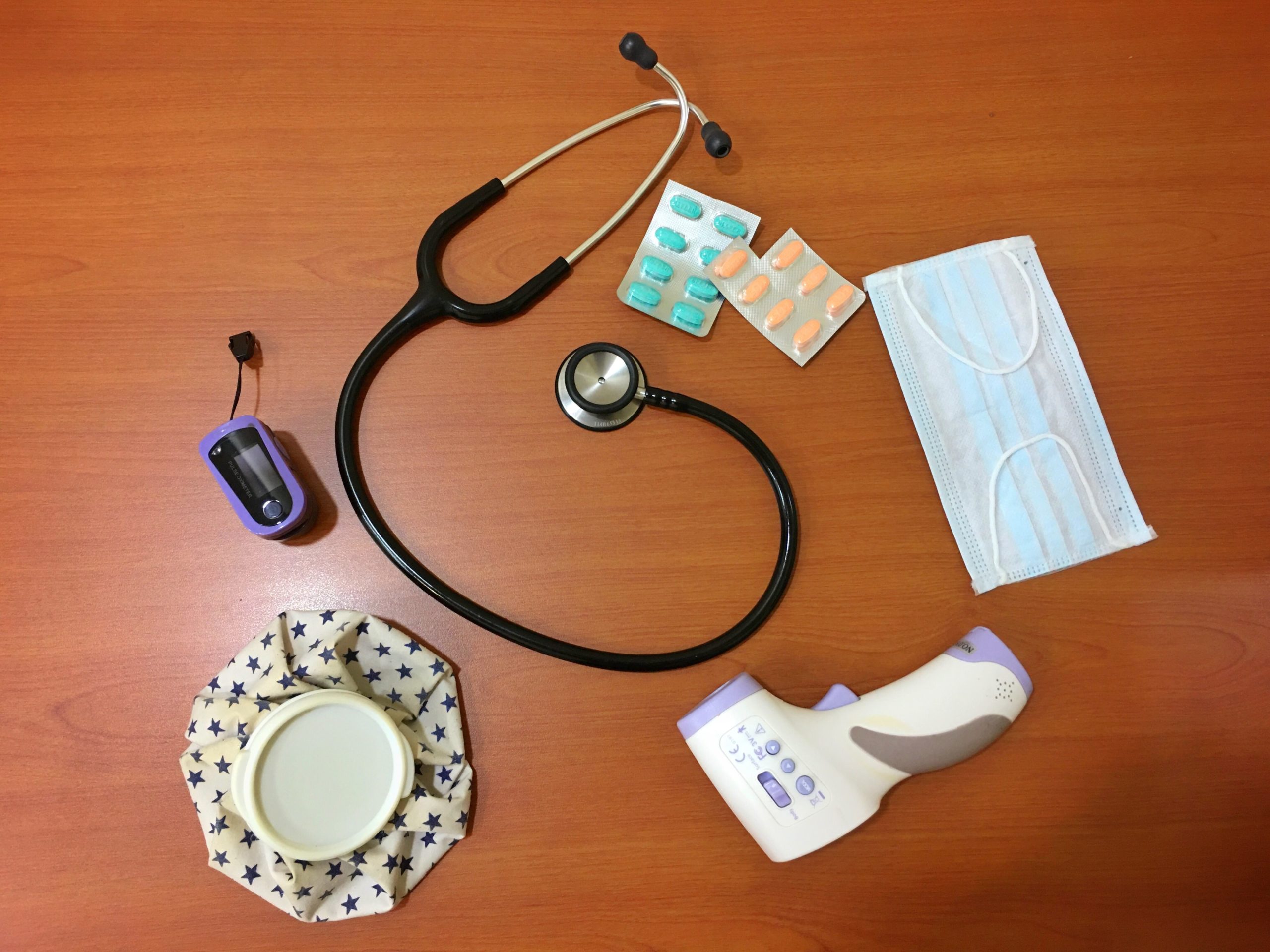You’re aging, yet your cells are tirelessly communicating. Ever wonder how? Meet NAD+, a crucial molecule in this complex conversation. It’s not just about prolonging life, but enhancing your healthspan too. Dive into the scientific intricacies of NAD+ and understand its pivotal role in cellular communication, energy production, and disease prevention. Let’s unravel the secrets of this biochemical powerhouse together!
Understanding the Role of NAD+ in the Body
It’s crucial to grasp how NAD+ functions within our bodies as it plays a pivotal role in cellular communication. This coenzyme is instrumental in many biological processes, including metabolism and aging. You’ll find that NAD+ deficiency could lead to severe health issues such as neurodegenerative diseases, impaired immune function, and poor cell health.
In the realm of metabolism, NAD+ participates actively in redox reactions where it acts as an electron acceptor. It helps transform nutrients into ATP – your body’s primary energy currency. When there’s insufficient NAD+, your cells can’t produce enough ATP, leading to low energy levels and potential metabolic disorders.
The aging process is also impacted by the levels of this coenzyme. Studies show that NAD+ levels decline with age, contributing to accelerated cellular aging and chronic diseases like diabetes and heart disease.
For these reasons, scientists have turned their attention towards NAD+ supplementation as a possible solution to counteract these effects. By boosting your body’s natural levels of this vital molecule through supplementation, you may be able to enhance cellular communication, improve metabolic functioning, slow down aging processes and prevent certain diseases associated with NAD+ deficiency.
The Biochemical Process of NAD+ in Cellular Communication
Understanding the biochemical process involves recognizing how this essential coenzyme aids in the transmission of signals within cells. NAD+ synthesis is a crucial part of this communication; it’s a complex, multi-step procedure that you can’t overlook. It starts with tryptophan or niacin as precursors, which are transformed through an enzymatic reaction series into NAD+.
The produced NAD+ then plays its role by facilitating electron transfer in redox reactions, acting as a substrate for enzymes like sirtuins and poly-ADP-ribose polymerases (PARPs), both vital in cellular processes such as DNA repair and transcription regulation. But remember, for every action there’s an equal and opposite reaction.

This brings us to NAD+ degradation, the other side of this biochemical equation. After fulfilling its function, NAD+ is broken down again into nicotinamide (which can be recycled back into the synthesis process) and ADP-ribose – a crucial player in signal transduction pathways.
The balance between these two processes – synthesis and degradation – governs your cells’ overall levels of NAD+. With a deeper understanding of them, you’re one step closer to grasping the intricate ballet that is cellular communication.
The Impact of NAD+ on Aging and Health
You’re probably wondering how this all relates to aging and health, right? Here’s the deal. NAD+ supplementation is a hot topic in the realm of anti aging remedies due to its significant role in cellular communication.
* NAD+ or Nicotinamide adenine dinucleotide is a coenzyme found in every cell and plays vital roles in energy metabolism, maintaining DNA health, and regulating circadian rhythms.
* As we age, our NAD+ levels naturally decrease. This decline impairs cellular function and contributes to the aging process.
* Supplementing with NAD+ can slow down these effects by boosting your cells’ ability to communicate effectively.
* Recent studies suggest that increased NAD+ levels can extend lifespan, improve cognitive function, and provide overall better health.
In essence, healthy levels of NAD+ allow for efficient intercellular communication which significantly impacts your body’s aging process. It’s fascinating how this tiny molecule has such substantial implications for our well-being as we get older. So next time when you’re exploring potential anti-aging remedies, don’t overlook the potential benefits of effective NAD+ supplementation!
How NAD+ Boosts Cellular Energy Production
Boosting your body’s energy production hinges on efficient functioning of mitochondria, and that’s where NAD+ truly shines. This coenzyme is vital for powering your cells by facilitating the conversion of nutrients into energy.
NAD+ supplementation can enhance this process, providing additional fuel to your cellular engines. It’s like adding high-octane gas to a sports car; the engine runs smoother, faster and gets you where you’re going more efficiently.
Exercise impact on NAD+ is another crucial aspect to consider. Regular physical activity helps increase NAD+ levels in your body which translates into better mitochondrial function and thus improved energy production.
Consider the table below:
| Factor | Impact on NAD+ Levels |
| Supplementation | Increases |
| Exercise | Increases |
From this perspective, it becomes clear how both supplementation and exercise contribute to elevated NAD+ levels. Consequently, they boost cellular energy production by supporting optimal mitochondrial functionality.
The Connection Between Nad+ and Disease Prevention
It’s not just about energy production; there’s a significant link between this coenzyme and the prevention of several diseases. You see, NAD+ supplementation can enhance your body’s disease resistance, acting as a crucial player in cellular communication.
Here are some key areas where NAD+ plays an essential role:
* DNA Repair: NAD+ is instrumental in stimulating enzymes that help repair damaged DNA, potentially preventing mutations which could lead to cancer.
* Inflammation Reduction: With adequate levels of NAD+, the activity of specific proteins responsible for inflammation can be regulated.
* Neuroprotection: In neurodegenerative diseases like Alzheimer’s or Parkinson’s, NAD+ has shown potential protective effects on neurons.
* Metabolism Regulation: By controlling key metabolic pathways, it aids in maintaining optimal function of organs like the liver and heart.

Ways to Increase NAD+ Levels for Optimal Health
Maintaining optimal health often involves increasing your body’s coenzyme levels through various methods. One practical way is by using NAD+ supplements, which are designed to boost the level of this crucial coenzyme in your system.
Scientific studies suggest that a consistent intake of NAD+ supplements can effectively escalate the levels in your body. They’re typically available as over-the-counter products and can be taken orally, making them an accessible method for you to increase your NAD+ levels.
However, it’s not just about popping pills; dietary impact plays a significant role too. Certain foods are rich in precursors to NAD+, such as nicotinamide riboside (NR) and nicotinamide mononucleotide (NMN). Consuming these food types – primarily found in milk products, yeast-containing foods, and some vegetables – could help elevate your body’s natural production of NAD+.
Frequently Asked Questions
How Was Nad+ First Discovered and by Whom?
You’re asking about NAD+ discovery. It was discovered by Arthur Harden and William Von Euler-Chelpin, who outlined the NAD+ synthesis process. This breakthrough greatly impacted our understanding of cellular functions and metabolism.
What Are the Potential Side Effects of Taking Nad+ Supplements?
You’re wondering about NAD+ supplement side effects? It’s essential to follow NAD+ dosage recommendations. Overconsumption can cause mild symptoms like nausea, fatigue, and headaches. Remember, supplement safety is key for your health.
Are There Any Foods or Drinks That Naturally Contain Nad+?
You won’t find NAD+ directly in foods or drinks. However, vegetarian diets rich in niacin, tryptophan and riboside can boost your body’s NAD+ production. As you age, your natural NAD+ levels decrease significantly.
Has There Been Any Research on the Interaction of Nad+ With Other Cellular Components?
Yes, there’s extensive research on NAD+ interacting with cellular components. Notably, studies highlight its role in aging and DNA repair, showing it helps maintain cell health and vitality by facilitating communication between cells.
Are There Any Known Conditions or Diseases That Result From a Deficiency of Nad+?
Yes, conditions like premature aging and metabolic disorders can result from NAD+ deficiency. These symptoms are akin to a phone losing its signal, disrupting cellular communication and causing bodily functions to falter.
